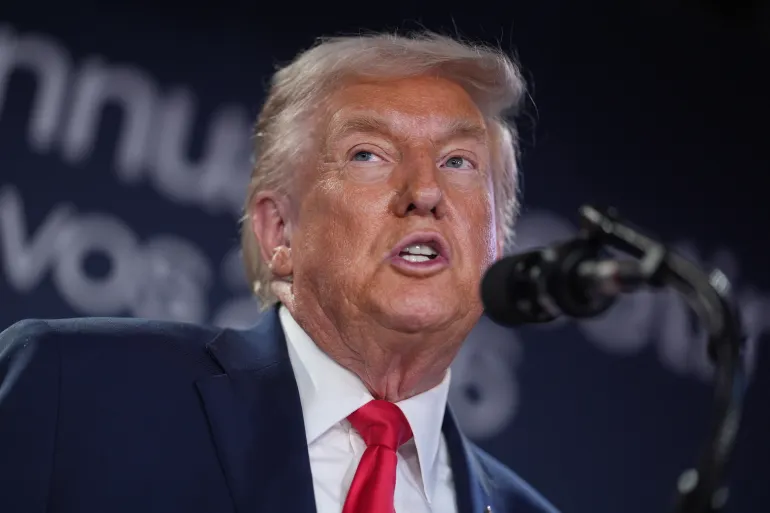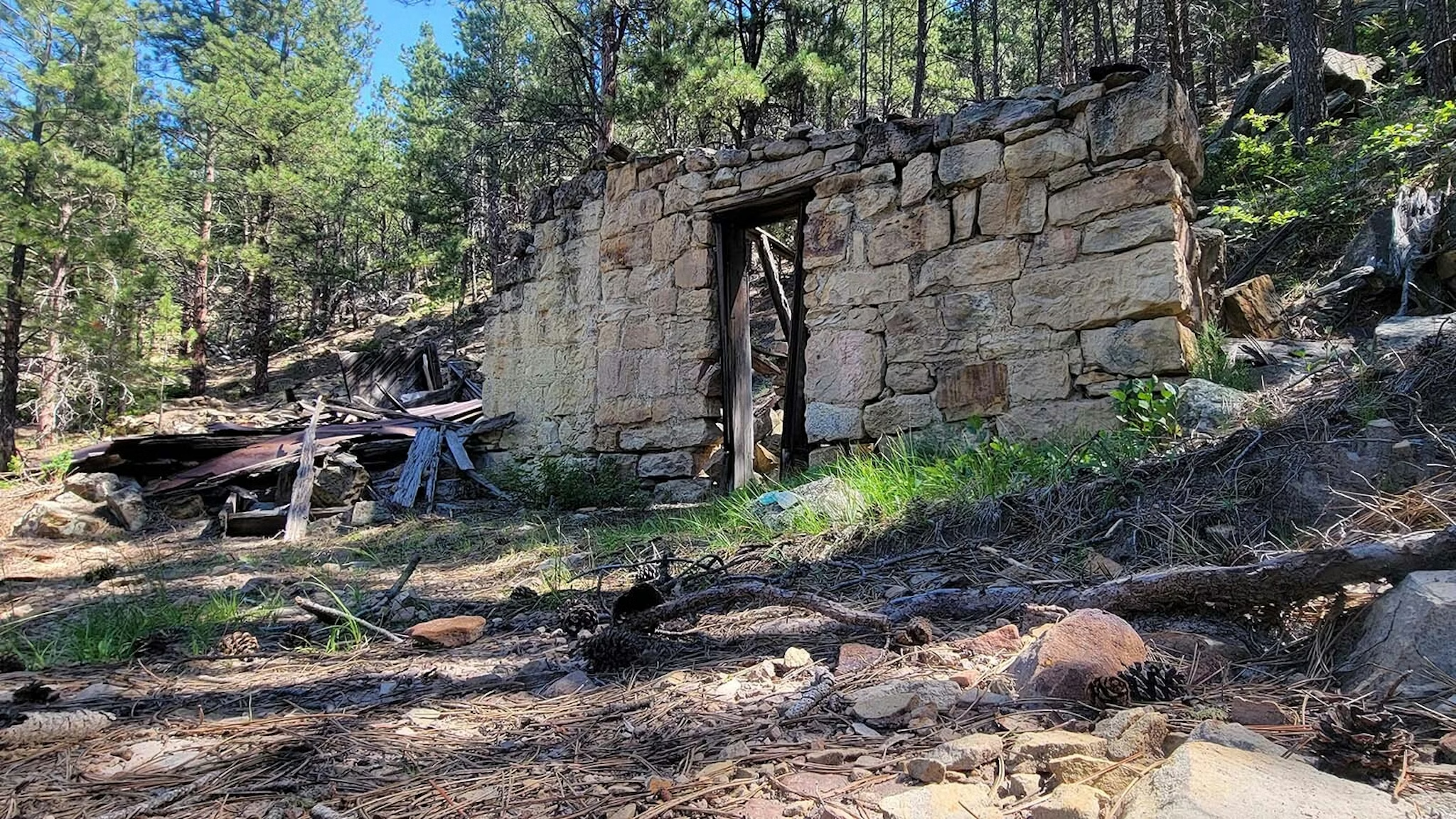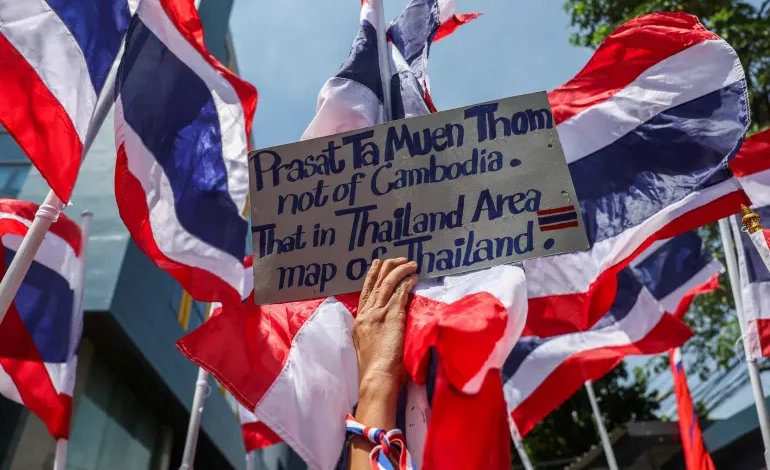Thailand and Cambodia have agreed to return their forces to previously agreed-upon positions along their disputed border, following a deadly skirmish that heightened tensions between the two Southeast Asian neighbors.
The announcement came after recent military buildups on both sides of the border, triggered by a May 28 clash that left a Cambodian soldier dead in the contested area between Cambodia’s Preah Vihear province and Thailand’s Ubon Ratchathani province.
Speaking on Sunday, Thai Defence Minister Phumtham Wechayachai expressed optimism that the long-running dispute could be addressed through bilateral talks at the upcoming meeting of the Joint Boundary Committee — a mechanism established to negotiate territorial issues.
However, Cambodian Foreign Minister Prak Sokhonn said Phnom Penh had renewed its call for the International Court of Justice (ICJ) to intervene, citing the “complexity, historical nature, and sensitivity” of the dispute. “It is increasingly evident that bilateral dialogue alone may no longer suffice to bring about a comprehensive and lasting solution,” Sokhonn said.
Thailand, for its part, reiterated that it does not recognize the ICJ’s jurisdiction over the matter and prefers to resolve the issue through direct negotiations.
The border dispute stems from colonial-era cartography. In 1907, French colonial authorities mapped out Cambodia’s borders — a move Thailand never fully accepted. Tensions have flared intermittently since 2008, when a sovereignty dispute over the 11th-century Preah Vihear temple reignited hostilities. At least 28 people have died in sporadic clashes since then.
In the most recent confrontation, Cambodian troops claimed they were defending their territory. Despite Thailand’s request to vacate the area, Cambodia stated it would maintain a military presence in the region.
In response to the escalation, the Thai army announced it would take full control over the opening and closing of all border crossings with Cambodia, citing concerns over national sovereignty and security.
Thailand has 17 official border crossings along its 817-kilometre (508-mile) frontier with Cambodia. On Sunday, operating hours were shortened at 10 of these crossings, as a precaution.
The Thai military’s increased presence has drawn attention to the fragile nature of peace along the border, though both governments have emphasized their desire to avoid further conflict.
A photo released on May 28 showed Cambodian soldiers operating a multiple rocket launcher in Phnom Penh, underlining the military preparedness on both sides in the wake of the skirmish.










The latest news in your social feeds
Subscribe to our social media platforms to stay tuned